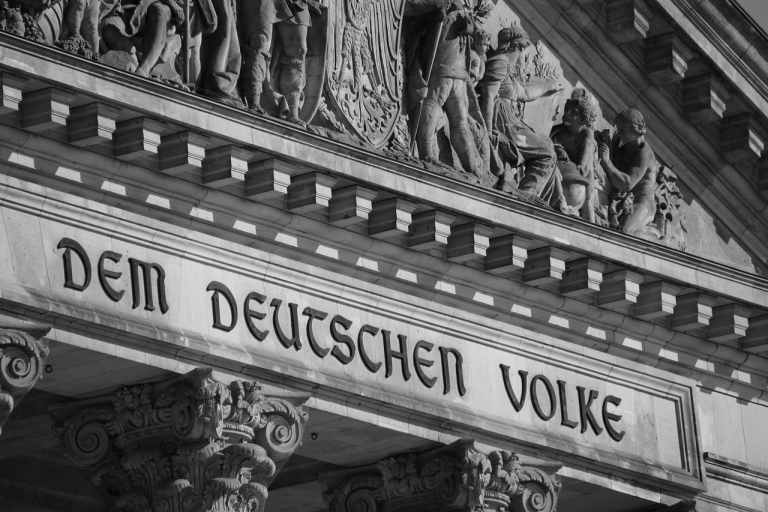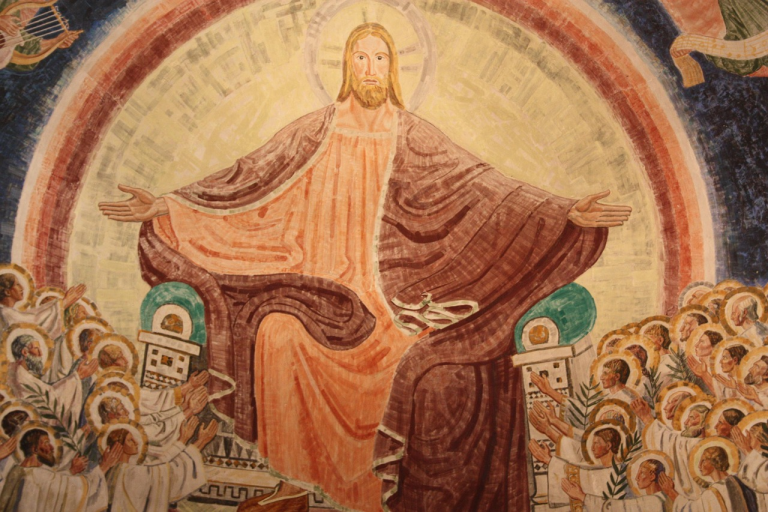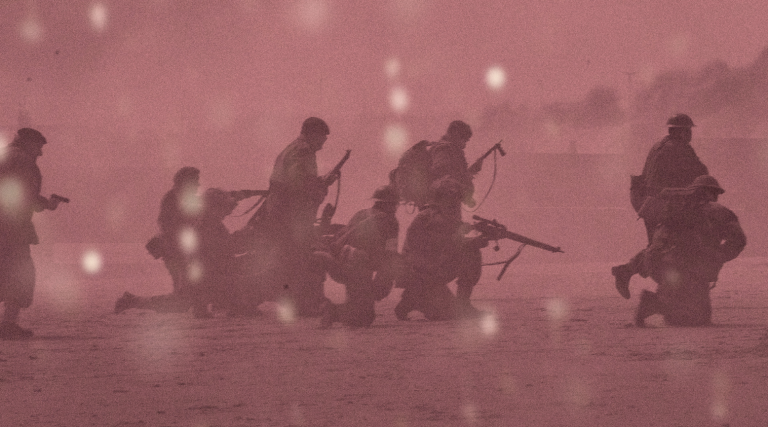All My Sins Are Washed Away: The Splendor of Expiation
Often, it’s the little things in life that bring the most pleasure. For instance, after playing soccer in the driving rain and cold, taking a hot shower is a simple yet delightful experience. When I get home, covered in mud, I peel off my stiffening soccer gear and watch as the warm, soapy water rinses away the dirt. The feeling of being clean again is truly gratifying. In a small way, this mirrors the doctrine of expiation – God’s act of removing sin.

Among evangelicals, the doctrine of expiation is frequently overlooked. This is mainly because some scholars outside the evangelical community have promoted expiation in contrast to propitiation, which is the act of satisfying God’s wrath against sin. For some people, the idea that the Son appeases the Father’s anger seems at odds with the concept of a loving God. They claim that the Bible presents a doctrine of expiation rather than propitiation.
However, we don’t have to choose between expiation and propitiation; both are valid. Christ’s death is complex and multi – faceted. Three biblical images – the goat, the globe, and the grave – can help us understand the glory of expiation.
The Goat
Leviticus 16:20 – 22 describes the events of the ancient Israelite Day of Atonement. The ceremony was filled with elaborate rituals, blood, and sacrifices, and it provides a vivid illustration of expiation.
Aaron, the high priest, oversaw the proceedings. After purifying the tabernacle, he brought forward a live goat (verse 20). In a symbolic act, he placed his hands on the goat’s head and confessed the sins of Israel. By doing so, all of their sins and transgressions were symbolically transferred to the goat’s head (verse 21). The goat was then led into the wilderness, symbolizing the removal of the people’s sins to a desolate place (verse 22). This is expiation: the act of taking sin away from us. It’s removed, gone.
The image of the goat teaches us that God, out of his grace, places our sin on another and removes it from us. It’s a glorious thought that our sin is no longer with us. But the Bible has more to say on the matter.
The Globe
Psalm 103 praises Yahweh for all the blessings he bestows (verse 2). Among these, forgiveness and redemption are of prime importance (verses 3 – 4). Salvation unlocks every spiritual blessing (Ephesians 1:3), and expiation is one such crucial spiritual blessing mentioned in Psalm 103.
In verse 11, the psalmist affirms God’s unwavering love. God’s covenant love is as high as the sky, beyond what we can see. Then, in verse 12, David shifts from the heavens to the compass. He says that the distance between us and our sins is as far as the distance between the east and the west. The east and the west never meet; they are constantly separated. This represents expiation. Our sin is removed from us, and according to David, the globe symbolizes the vast distance between us and our sin. It’s an insurmountable gap.
The globe shows us that not only is our sin taken away, but it’s also far removed. It’s not hidden away, waiting to resurface. It’s in a distant place, never to come back. In the ancient world, the world was as vast as people could imagine. In today’s context, we could think of the galaxy. Just as Upsilon Andromedae b is 44 light – years or 259 trillion miles away from Earth, that’s how far God has removed our sin from us. But the Bible reveals even more.
The Grave
In Micah 7:19, the prophet extols God, who promises to cast his people’s sins “into the depths of the sea.” This is equivalent to sending them to the grave. Remember Jonah’s prayer in Jonah 2:2 – 3, where he equates “the heart of the seas” with “the belly of Sheol.” By that reasoning, Micah indicates that our sin is sent to the grave.
Consider how the Gospels emphasize Jesus’s burial. All of them carefully note that Jesus was buried (Matthew 27:57 – 61; Mark 15:42 – 47; Luke 23:50 – 56; John 19:38 – 42). They provide details about the burial method and location (Matthew 27:60; Mark 15:46; Luke 23:53; John 19:41). Each Gospel mentions that Jesus had a grave. Our Savior was laid to rest.
We might overlook the significance of this for our salvation because we first think of using these details as evidence for Jesus’s death and resurrection in apologetics. But in Romans 6:4, Paul alludes to the burial of our sin. He writes about Christians being buried with Christ in baptism. Also, in 1 Corinthians 15:4, he includes burial as part of the core gospel message. The image of burial appears again in Colossians 2:12. We rightly sing, “Buried, he carried my sins far away.” What a glorious day!
Jesus took our sin to the grave and left it there. It’s buried forever, gone and never to return. This is the glory of expiation.
Washed Clean
No matter how deeply sin has clung to us, Jesus washes it away. It no longer sticks to us. He has removed it, taking it to a desolate place, far away, never to come back. Just as the hot, soapy water of a shower cleans the mud off my knees, arms, and under my fingernails, the glorious grace of the gospel cleanses us of sin. As Paul assured Titus, “He saved us… by the washing of regeneration” (Titus 3:5).
We rightly sing, “Buried, he carried my sins far away.” Glorious day!
Expiation is no more or less glorious than propitiation, justification, reconciliation, Christ’s victory, Christ’s example, or the many other aspects of his death. It doesn’t deserve to be neglected as it often is. The same sacrifice both expiates sin and propitiates God’s wrath. As Donald Macleod points out, “Sin is expiated, God is propitiated and… these cannot be separated. God can be propitiated only if sin is expiated; and sin is expiated only in order that God may be propitiated.” The glory of expiation lies in the fact that because of Jesus, Christ’s people are washed clean.
Brothers and sisters, if Jesus has cleansed us, nothing we’ve done can remain attached to us. The stench of sin doesn’t linger. Nothing that others have done to us can withstand the cleansing power of Christ. Even if we have to wait until eternity, the scars will eventually heal. When we are purified by our Savior, nothing hidden or public remains. The stigma fades away. Sin is eradicated. Glory! Glory! Hallelujah!





